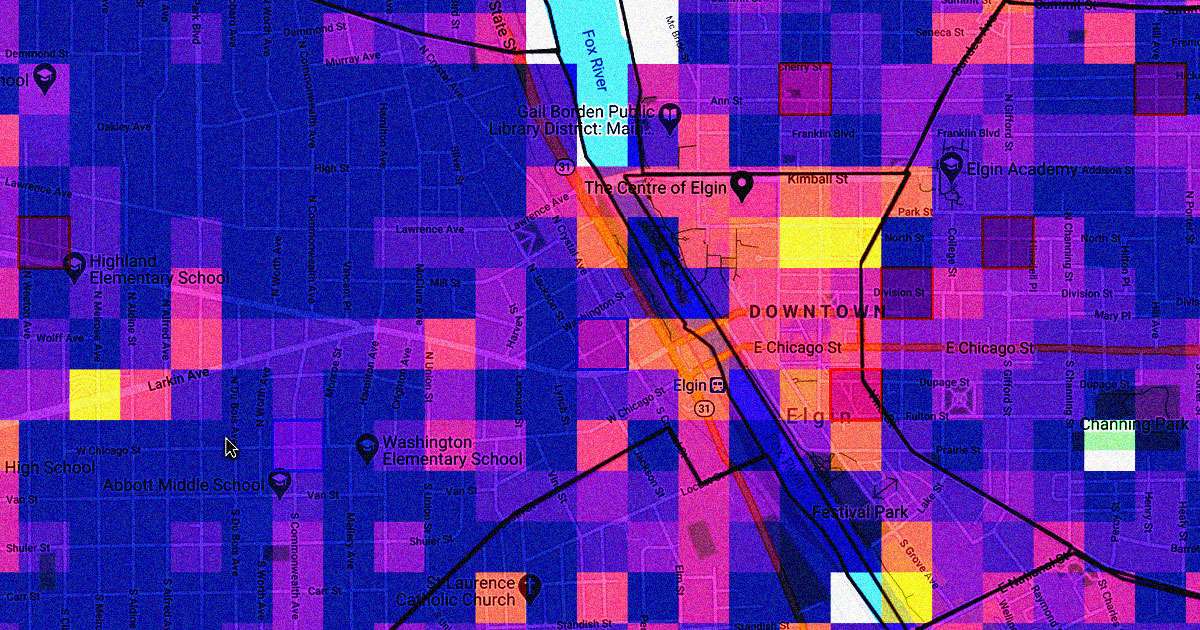Introduction to AI-Powered Policing
The United Kingdom is advancing artificial intelligence technology to tackle crime. Authorities claim the system can detect criminal activities before they occur. This futuristic approach is designed to make cities safer and prevent unlawful acts.
How Predictive AI Works in Crime Prevention
The AI analyzes massive amounts of data, including CCTV footage, social media activity, and police records. It uses predictive algorithms to identify suspicious behavior patterns. By studying trends, it can alert law enforcement to potential threats.
Government’s Vision for Safer Communities
Officials believe this innovation can transform policing. The aim is to reduce crime rates and improve public trust. The government expects this tool to save resources and strengthen community security.
Potential Benefits of Crime-Fighting AI
One of the biggest advantages is early detection. Police can act before crimes escalate. This proactive method could lower the number of violent incidents. It also enhances surveillance without needing additional manpower.
Concerns Over Privacy and Ethics
Critics argue that AI-driven policing raises privacy concerns. Monitoring personal data may spark debates about human rights. Some experts fear the misuse of surveillance data. Ethical concerns include bias in algorithms and wrongful profiling.
Balancing Security with Civil Liberties
Authorities stress that strict regulations will govern AI use. Transparency and accountability are key factors in its deployment. Ensuring the system avoids discrimination remains a top priority. Balancing safety with individual freedoms will decide its success.
Impact on Future Policing
If successful, AI could redefine global law enforcement. Other nations may adopt similar systems. This marks a shift from reactive policing to preventive strategies. The UK could set a global example in digital crime control.
Conclusion
The UK’s crime-fighting AI signals a bold step toward predictive policing. While it promises enhanced safety, ethical concerns cannot be ignored. The coming years will reveal whether technology can truly outsmart crime while safeguarding civil liberties.


